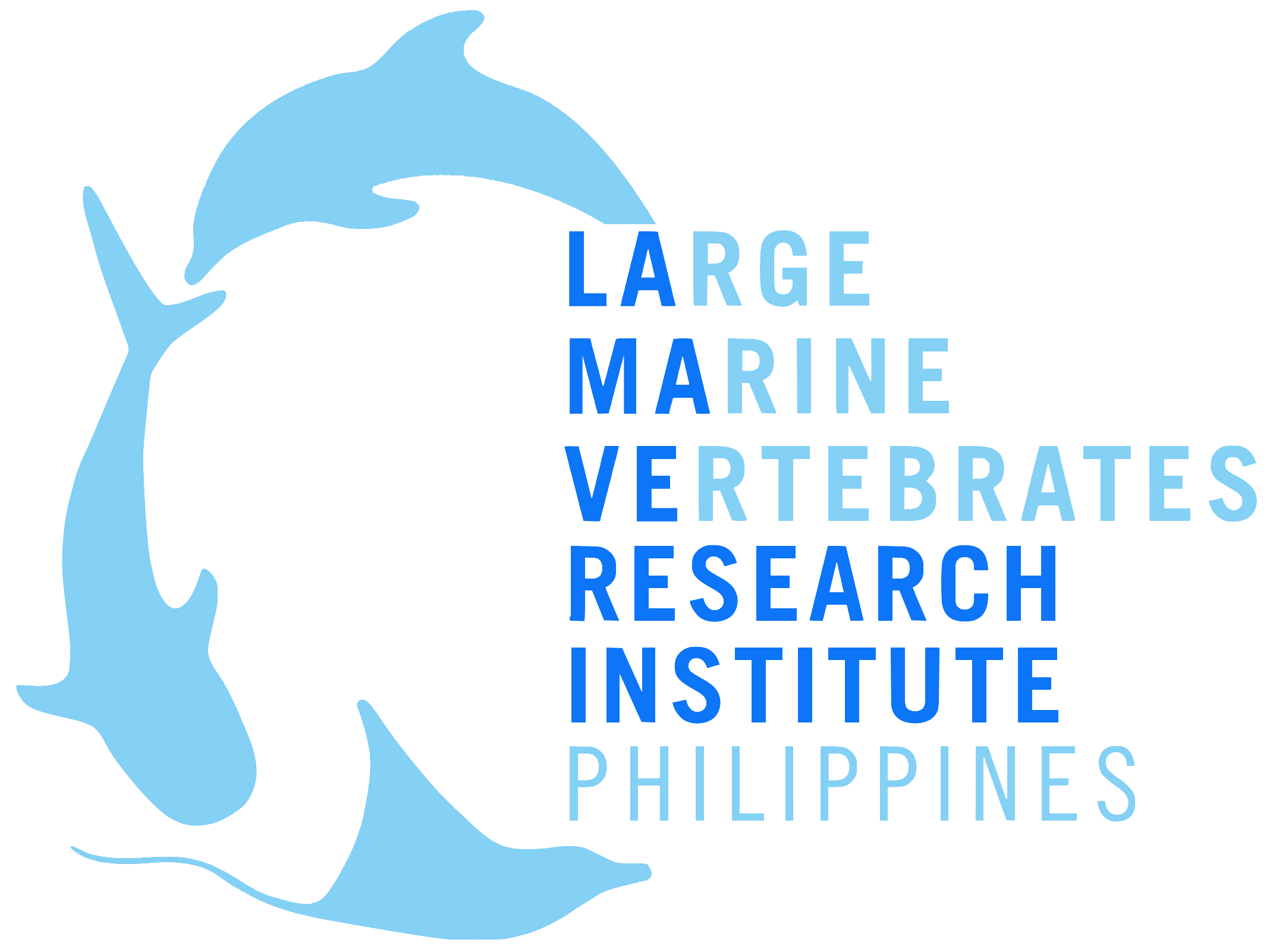Experience: The Great Teacher Of Conservation
For Clyde, his passion for conservation was gained through a continuous (and continuing) process of education… at school, with teachers, at trainings, and of course work opportunities.
“When I was in high school, one of our teachers was into conservation. I learned the value of conservation at that age. I joined a conservation camp when I was still young. I fell in love with (the advocacy).”
“I proceeded to like the marine environment in university when I took up BS Biology. We had classes and we had to visit different ecosystems including marine ecosystems. I thought ‘I really love this more.’ I really enjoy being in the water. I enjoy the sea… I like the underwater world.”
While in school, Clyde started taking his commitment to marine conservation more seriously and looked into getting more training in the field.
“Then, I became a participant of the pioneering batch of the ‘Sea and Earth Advocates (SEA) Camp’ held by Save the Philippine Seas (SPS)... I was 20, still in university, my 4th year.”
“When you’re dealing with real life (conservation) problems, you only really learn when you experience it firsthand. LAMAVE was a great teacher for me.” - Bryan Madera
“After that, I was asked by the executive director of SPS to attend a workshop in Cebu City about shark ordinances in that province. LAMAVE was there. Since I am interested in bigger marine organisms, I checked out what they were doing. I learned that this is an NGO that works on megafauna. I liked that, so I started following them.
Though he was already passionate about conservation, he first tried his hand at the academe - an ode to his love for learning and educating.
“After graduation, I started working as a teacher in my university. But I felt that I had more things to learn outside the academe. I needed to do some field work for conservation. I saw the opportunity in LAMAVE. I resigned from my job, because I wanted to experience something outside the academe.”
“I think if you work in conservation, you have to experience different aspects of conservation. You have to do research work, community work, and more. I had never done those.” Clyde wanted to not just learn or even teach conservation, but also to live and breathe it. And so that was his plan: to go out into the field and find the experience he wanted. So, he joined LAMAVE as a volunteer scholar to study whale sharks and sea turtles.
“I think LAMAVE definitely played a part in my love for marine conservation work. I fell in love deeper with whale sharks, megafauna, (and other marine life). I wanted to contribute to conservation so much. I had no experience before. This was a stepping stone.”
During his time in the field with the organization, he developed some necessary skills for the work he wanted to do.
“I had to do a lot of data collection and a little bit of analysis, which are very useful. I had to do some monthly analysis of research data using a software.
“It was also a fun learning experience to meet new people. There were new volunteers who often came in. It was an immersive experience of getting to know and dealing with new cultures, new people.
“I also learned about dealing with people and communities when doing research... how you collaborate with the locals... LAMAVE taught me that you have to act professionally and politely… I think one of the reasons why I am capable of dealing well with different people now is because of this experience (with LAMAVE).”
After LAMAVE, he worked for Save the Philippine Seas as an Education Officer. Eventually, he wanted to upscale his qualifications in conservation work by taking postgraduate studies. Now living in Europe and taking International Master of Science in Marine Biological Resources - Applied Marine Ecology and Conservation (Ghent University, University of Oviedo), Clyde attributes part of his motivation and of course some of his useful skills to his time with LAMAVE.
“If I didn’t go through volunteering with LAMAVE, I think I would have a hard time relating to people with different cultures and languages and dealing with new situations on my own.”
There is still much more for him to learn and achieve in marine biology, so he remains passionate about his field. “To this day, I definitely still want to work in marine conservation.” He recognizes that LAMAVE has played a key part in his current career journey.
“LAMAVE is one of the great teachers for me in marine conservation... When you’re dealing with real life (conservation) problems, you only really learn when you experience it firsthand. LAMAVE was a great teacher for me.”
Professional Profile:
Occupation: Full-time Student - International Master of Science in Marine Biological Resources - Applied Marine Ecology and Conservation Track (Ghent University, University of Oviedo)
Education: BS Biology
Relevant experience: Sea and Earth Advocates Camp (SEA Camp), Save the Philippine Seas



